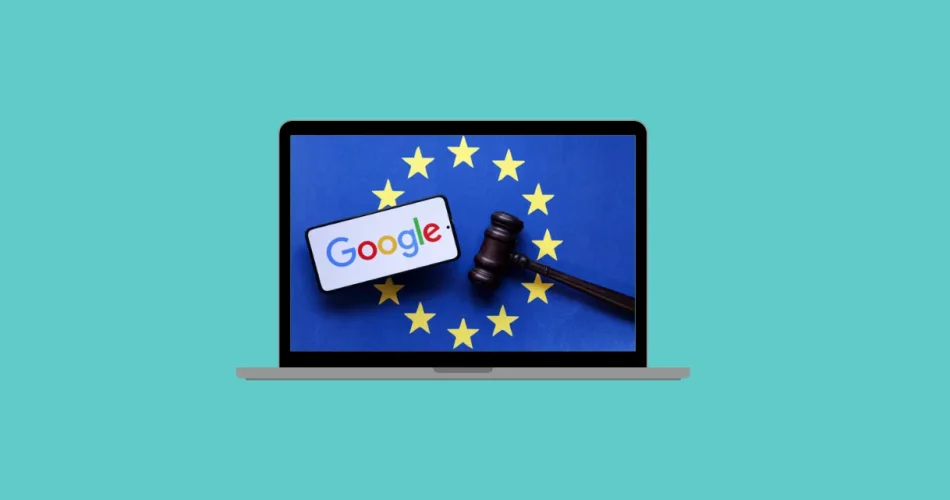The rise of artificial intelligence is reshaping the digital landscape, and tech giants like Google are at the forefront. While AI promises innovation, its integration into existing services is sparking heated debates. This article dives into a recent antitrust complaint filed against Google in the European Union, focusing on the concerns of independent publishers regarding Google’s AI Overviews feature.
The Heart of the Matter: AI Overviews and Publisher Concerns
Google’s AI Overviews, powered by artificial intelligence, are summaries generated by AI that appear at the top of search results, above traditional website links. These overviews are designed to provide users with quick answers. However, a group of independent publishers has filed a complaint with the EU, alleging that Google is abusing its market dominance by leveraging their content without proper compensation or consent. The publishers claim this practice damages their traffic, readership, and ultimately, their revenue. They’ve also requested an immediate measure to prevent further, irreparable harm.
The Publishers’ Accusations: Abuse of Market Power
The Independent Publishers Alliance (IPA), along with other organizations like the Open Web Movement and Foxglove Legal Community Interest Company, filed the complaint. They allege that Google is unfairly utilizing publishers’ content to train its AI models and generate summaries within AI Overviews. The core of their argument is that publishers are unable to prevent their content from being used in this way without risking their visibility in Google’s search results. This, they argue, gives Google an unfair advantage and undermines the value of original content.
Google’s Defense: Driving Traffic and Innovation
Google refutes these claims, emphasizing that its search features drive billions of clicks to websites daily. A Google spokesperson stated that the new AI experiences in search create more opportunities for content and businesses to be discovered. They counter the accusations with data-driven reasoning. The company argues that fluctuations in website traffic are a complex issue influenced by various factors, including user interests, seasonal demand, and regular search algorithm updates, and the data the publishers provide is flawed.
The Impact and the Call for Action
The publishers and advocates involved are seeking a level playing field. They believe that Google’s AI Overviews are damaging the ability of independent journalism to compete in the market and, ultimately, the availability of diverse information. As Rosa Curling, co-executive director of Foxglove, puts it, “Independent information is facing an existential threat: Google’s AI Overviews.” The organizations involved are urging the European Commission and other global regulators to intervene and protect independent journalism. A similar complaint, and a request for an interim measure, has also been filed in the UK.
Echoes of US Concerns
The EU complaint mirrors a related legal challenge in the United States, where an educational technology company is alleging similar damage. The case highlights the broader concerns about the impact of AI-powered summaries on content creators, original content, and the ability of publishers to generate revenue.
Conclusion:
The case of Google’s AI Overviews underscores the critical need to balance technological innovation with the protection of content creators and the health of the digital ecosystem. This antitrust complaint in the EU is a significant development, and its outcome could have far-reaching implications for the future of search, the role of AI, and the viability of independent publishers worldwide.
And if you'd like to go a step further in supporting us, you can treat us to a virtual coffee ☕️. Thank you for your support ❤️!

We do not support or promote any form of piracy, copyright infringement, or illegal use of software, video content, or digital resources.
Any mention of third-party sites, tools, or platforms is purely for informational purposes. It is the responsibility of each reader to comply with the laws in their country, as well as the terms of use of the services mentioned.
We strongly encourage the use of legal, open-source, or official solutions in a responsible manner.



Comments